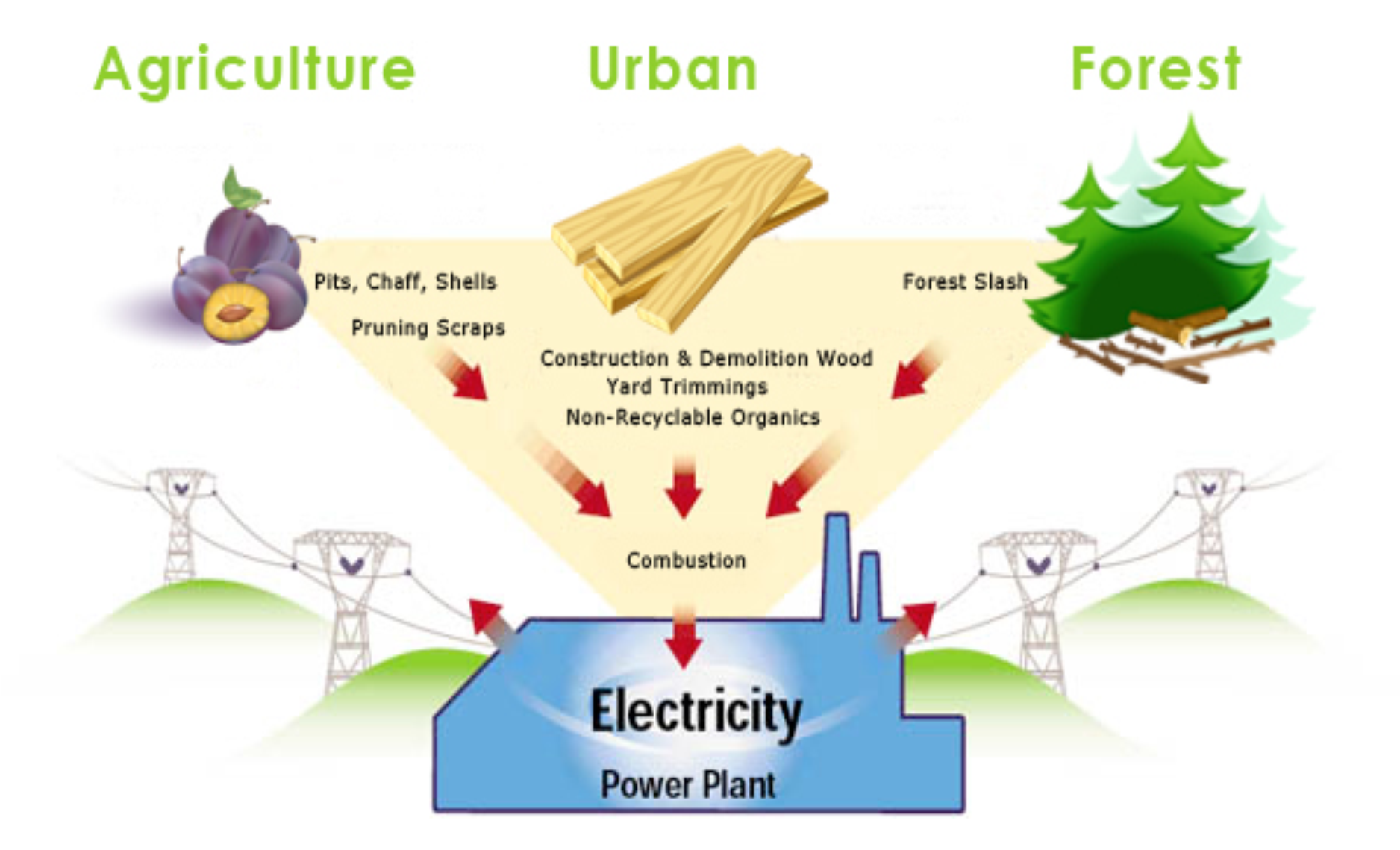In today’s world, there is a growing awareness of the importance of renewable energy sources in combating climate change and reducing our reliance on fossil fuels. Biomass energy is one such sustainable solution that holds great promise for a greener future. In this article, we will explore the benefits of biomass energy, its potential applications, and its role in the transition to a more sustainable energy system.
What is Biomass Energy?
Biomass energy is derived from organic materials such as plants, trees, and agricultural waste. These renewable sources of energy can be converted into heat, electricity, or biofuels through a variety of processes such as combustion, gasification, and anaerobic digestion.
One of the key advantages of biomass energy is that it is carbon-neutral, meaning that it does not contribute to the increase in greenhouse gas emissions that are driving climate change. Instead of releasing additional carbon dioxide into the atmosphere, biomass energy recycles carbon that is already part of the natural carbon cycle.
The Benefits of Biomass Energy
There are several key benefits of biomass energy that make it an attractive option for a greener future:
Renewable: Biomass resources are abundant and can be replenished through sustainable practices such as reforestation and crop rotation.
Carbon-neutral: Biomass energy helps to reduce greenhouse gas emissions and mitigate climate change.
Diverse applications: Biomass energy can be used for heat, power generation, and transportation, making it a versatile renewable energy source.
Local economic benefits: Biomass energy resources can be sourced locally, creating opportunities for economic development and job creation in rural communities.
Potential Applications of Biomass Energy
Biomass energy has a wide range of potential applications across different sectors:
Power generation: Biomass power plants can generate electricity by burning organic materials or converting them into biogas or biofuels.
Heating and cooling: Biomass boilers and furnaces can provide sustainable heat and hot water for residential, commercial, and industrial buildings.
Transportation: Biofuels such as ethanol and biodiesel can be used as renewable alternatives to gasoline and diesel in vehicles.
Cogeneration: Combined heat and power (CHP) systems can produce both electricity and heat from biomass feedstocks, increasing overall energy efficiency.
The Role of Biomass Energy in a Sustainable Energy System
Biomass energy has a crucial role to play in the transition to a more sustainable energy system. By providing a reliable and renewable source of energy, biomass can help reduce our dependence on fossil fuels and lower our carbon footprint. In addition, biomass energy can help to address other environmental challenges such as waste management and deforestation by utilizing organic materials that would otherwise go to waste.
As we work towards a greener future, it is important to consider the potential of biomass energy as a sustainable solution that can contribute to a more environmentally friendly and resilient energy system. By harnessing the power of biomass, we can take significant steps towards achieving our climate goals and building a more sustainable world for future generations.
Are you ready to embrace the potential of biomass energy and join the movement towards a greener future? Let’s work together to make a positive impact on our planet and create a more sustainable energy system for generations to come.

